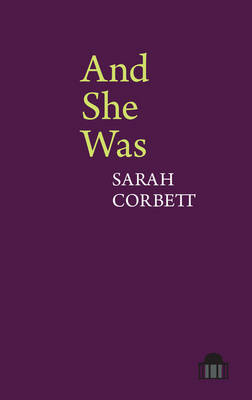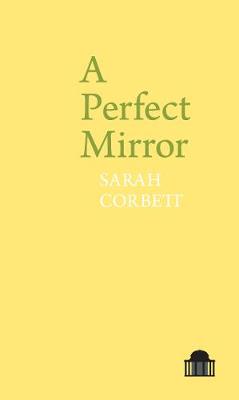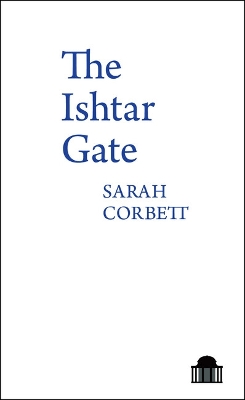Pavilion Poetry
3 total works
November, 3am, and two young lovers are about to meet on the Heathrow Express.
A side street in an unknown city: Felix Morning wakes with no memory. In his pocket is a membership card for a nightclub, The Bunker. With the help of the beautiful Flick, he must recover what he has lost.
Deep into a dangerous love affair, Esther and Iain believe the other can replace what they each have lost – a heart, a gift – but is Esther’s price too high for Iain to pay, and can their love survive?
Who is Esther, where has she come from, and what has she got to do with the woman in the labyrinth? Does Flick belong to the past or to the future? What is memory, and what remains of us without it?
And She Was demands our attention, its startling and dazzling writing asking us to be carried away as we read, but returning us by its end to a place both resolved and transformed.
Self and history collide, selves fracture, the flag is divided, monuments collapse. In her sixth collection, Sarah Corbett considers the fragments we might hold against dissolution, whether personal, national, or global. Midnight in Leningrad, 1940, Anna Akhmatova waits for a poem to arrive, in her hand an egg; on the 30th anniversary of the fall of the Berlin Wall, a writer recalls her breakdown as a student in 1989. In the pandemic year an isolated artist communes with a tree; visitors to an art gallery are led on a journey of rebirth; missives find their way back to us from a flooded world. The book opens with an invocation to the goddess Ishtar, and closes with the goddess rising from a spring thirty years in the future, ‘the world’s unspoken desire’ to be reborn. A series of ekphrastic ‘interventions’ respond to 20th century European cinema, the work of Serbian performance artist Marina Abramović, and consider what art can offer in face of the predicaments we find ourselves in. Summoning the ‘Red horse of time, white horse of poetry, blue horse of dreams,’ poetry’s answer is the search for connection, love; and for presence, where we might meet each other, transcendent.


